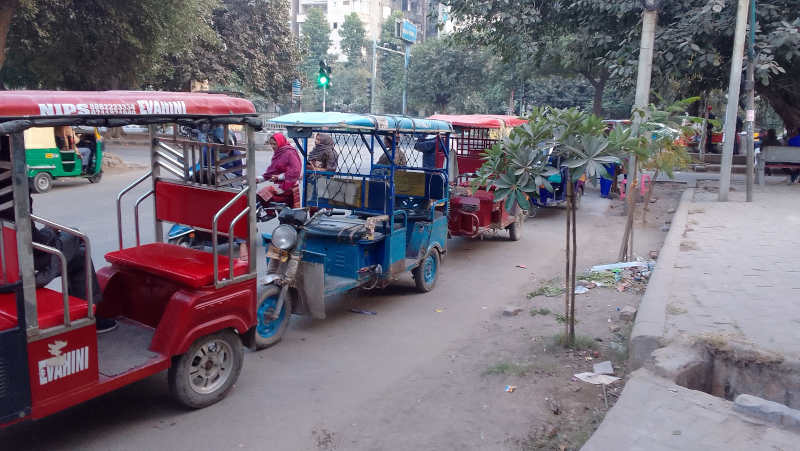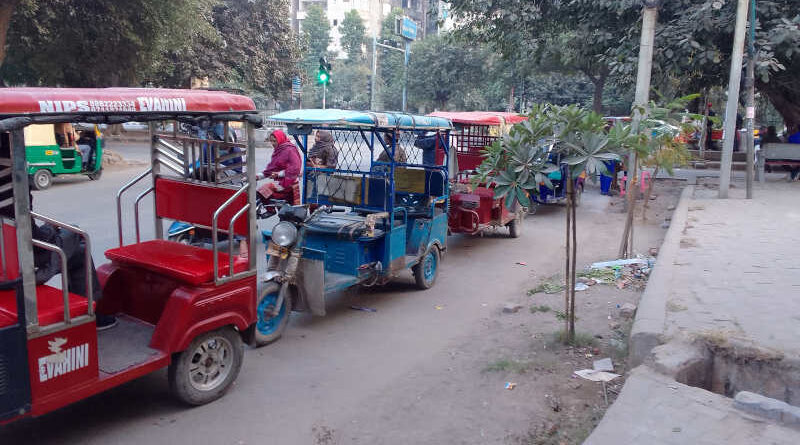Economic Slowdown: Workers to Accept Lower Quality Jobs in 2023

Economic Slowdown: Workers to Accept Lower Quality Jobs in 2023
The current slowdown means that many workers will have to accept lower quality jobs, often at very low pay, sometimes with insufficient hours.
A new International Labour Organization (ILO) report says that the current global economic slowdown is likely to force more workers to accept lower quality, poorly paid jobs which lack job security and social protection.
The ILO’s World Employment and Social Outlook: Trends 2023 (WESO Trends), also projects that global employment growth will be only 1.0 percent in 2023, less than half the level in 2022.
Global unemployment is slated to rise slightly in 2023, by around 3 million, to 208 million (corresponding to a global unemployment rate of 5.8 percent). The moderate size of this projected increase is largely due to tight labour supply in high-income countries.
According to ILO, this would mark a reversal of the decline in global unemployment seen between 2020-2022. It means that global unemployment will remain 16 million above the pre-crisis benchmark (set in 2019).
In addition to unemployment “job quality remains a key concern”, the report says, adding that “Decent Work is fundamental to social justice”. A decade of progress in poverty reduction faltered during the Covid-19 crisis. Despite a nascent recovery during 2021, the continuing shortage of better job opportunities is likely to worsen, the study says.
The current slowdown means that many workers will have to accept lower quality jobs, often at very low pay, sometimes with insufficient hours. Furthermore, as prices rise faster than nominal labour incomes, the cost-of-living crisis risks pushing more people into poverty. This trend comes on top of significant declines in income seen during the Covid-19 crisis, which in many countries affected low-income groups the worst.
The report also identifies a new, comprehensive measure of unmet need for employment – the global jobs gap. As well as those who are unemployed, this measure includes people who want employment but are not actively searching for a job, either because they are discouraged or because they have other obligations such as care responsibilities.
According to ILO, the global jobs gap stood at 473 million in 2022, around 33 million above the level of 2019.





